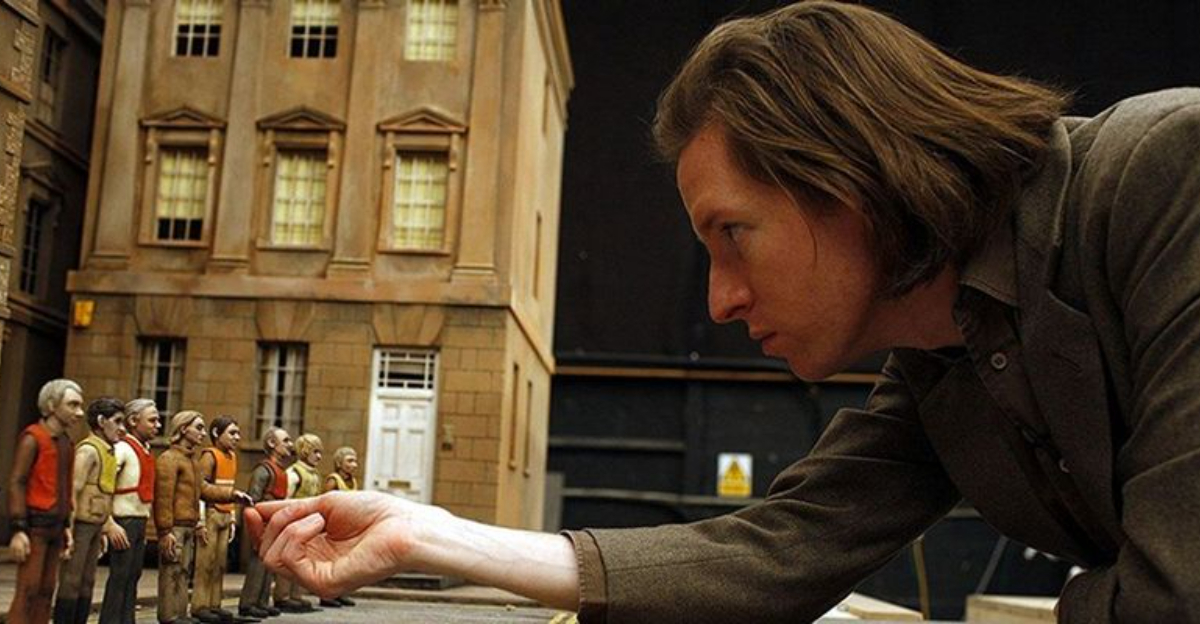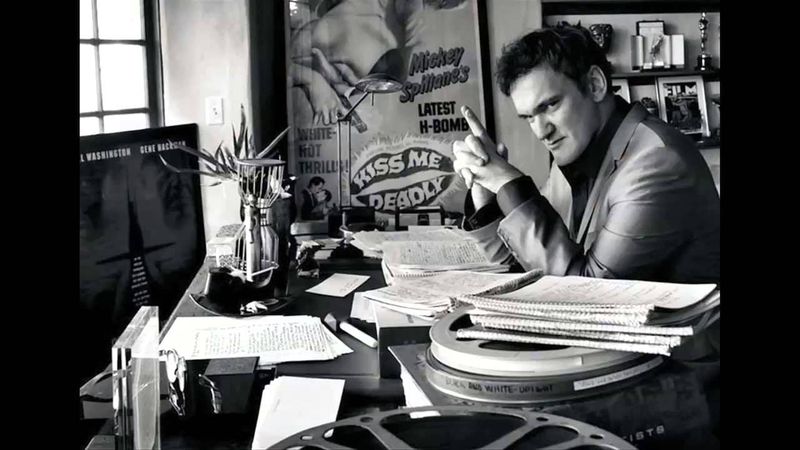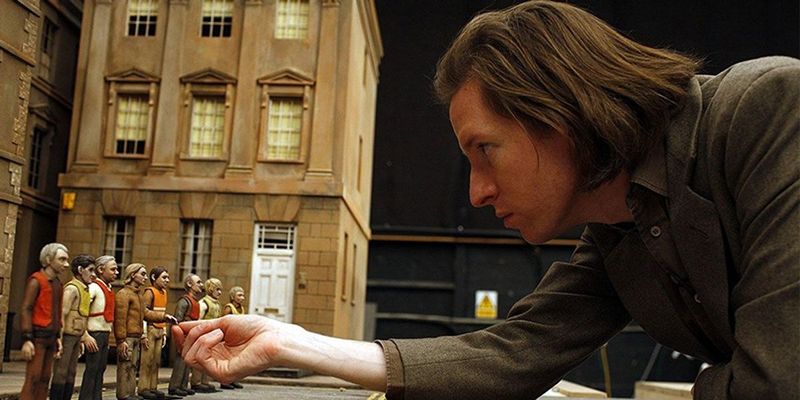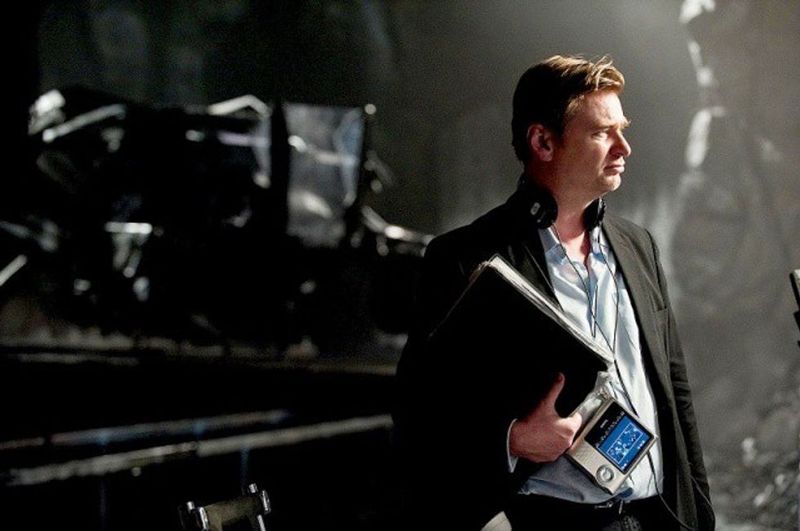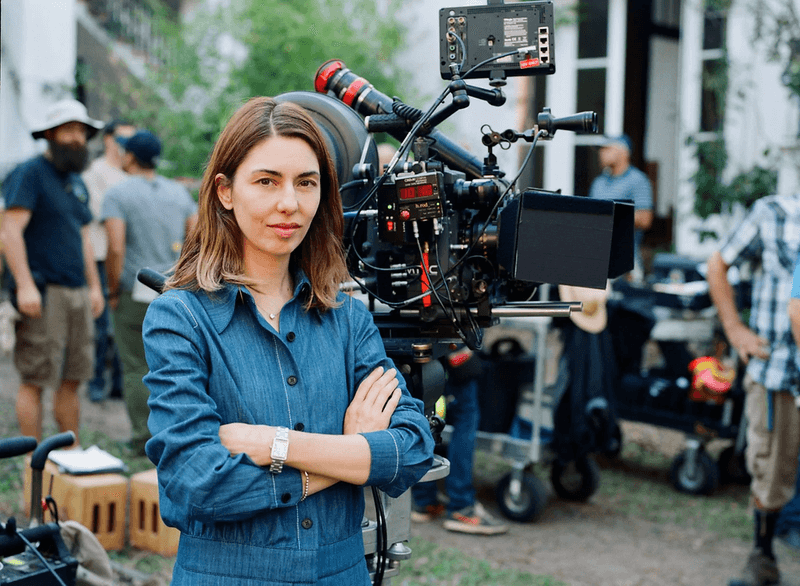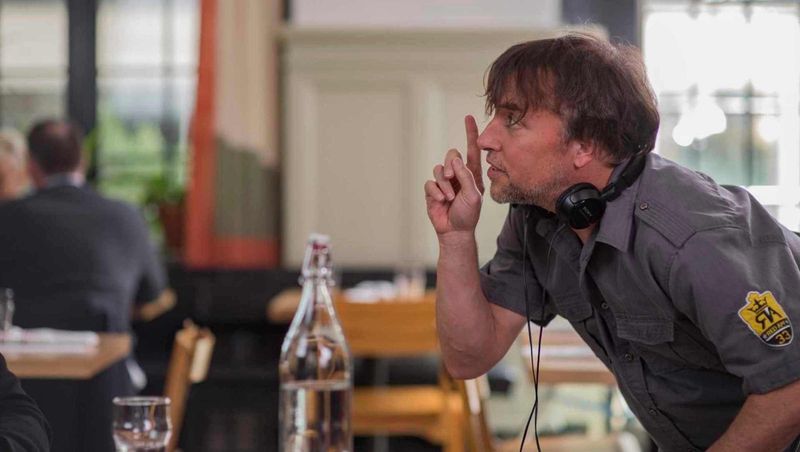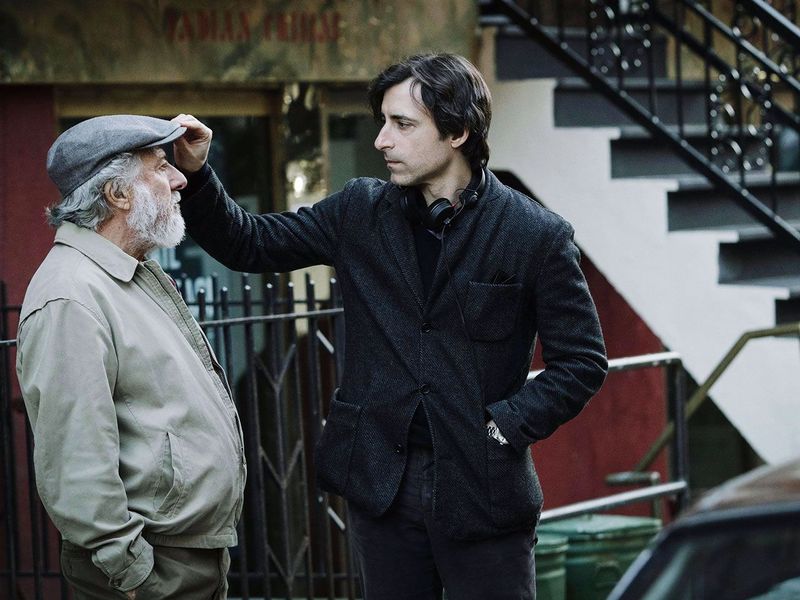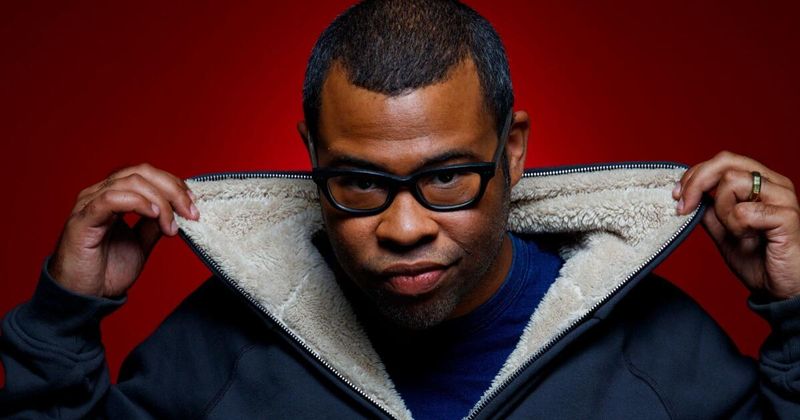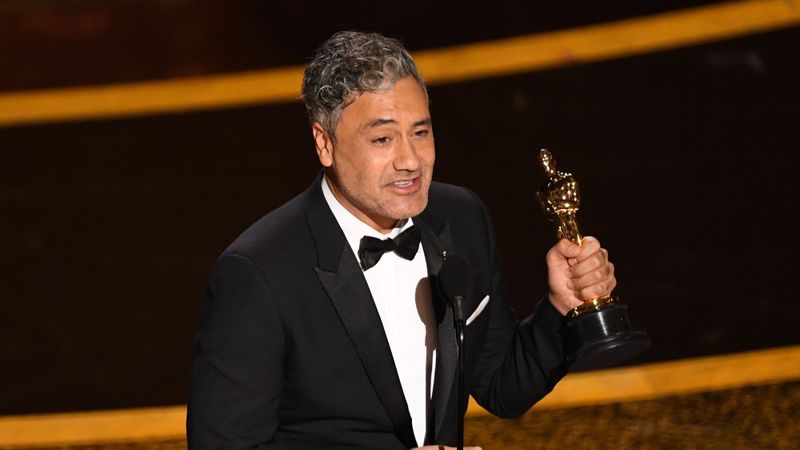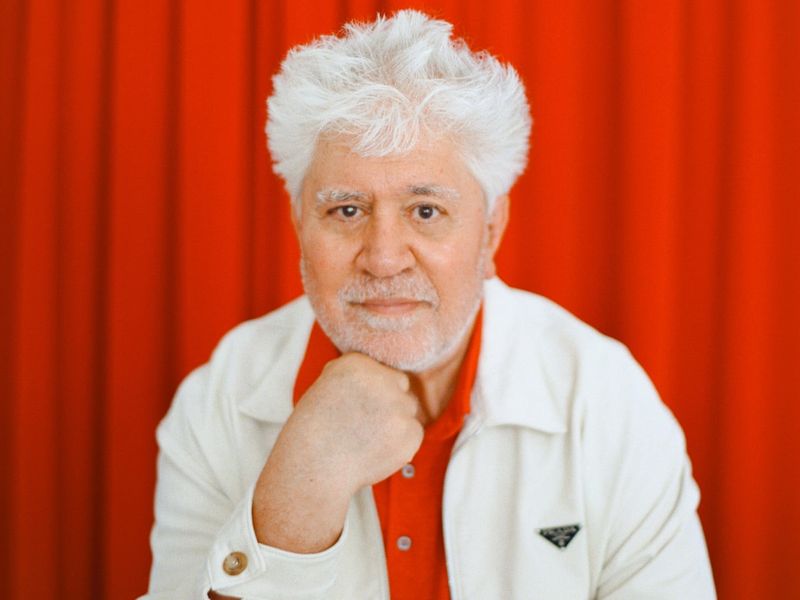Scriptwriting is an art, and some filmmakers have mastered it to perfection. This post explores ten renowned filmmakers celebrated for writing their own scripts, crafting narratives that captivate audiences worldwide.
Quentin Tarantino
Few filmmakers have their scripts immediately identifiable by style, but Quentin Tarantino is a rare breed. With a knack for dialogue that pops and narratives that twist, his films like “Pulp Fiction” and “Inglourious Basterds” showcase his unique voice.
Tarantino’s work often blends genres, creating a tapestry of cinematic references and homages. His love for film history is evident, making each movie a homage to cinema itself.
Did you know? Tarantino started as a video store clerk, absorbing films that later influenced his iconic storytelling style.
Greta Gerwig
Greta Gerwig’s storytelling is like a breath of fresh air, infusing realism and charm into her scripts. Known for films like “Lady Bird” and “Little Women,” Gerwig has carved a niche with her candid, intimate narratives.
Her scripts resonate with authenticity, often drawing from personal experiences and observations. Gerwig’s transition from actress to writer-director highlights her multifaceted talent.
Fun fact: Gerwig’s initial foray into filmmaking was through the mumblecore genre, which values naturalism and improvisation, elements she subtly weaves into her more polished works.
Wes Anderson
Wes Anderson’s films are known for their distinctive style and meticulously crafted worlds. From “The Grand Budapest Hotel” to “Moonrise Kingdom,” Anderson’s scripts brim with whimsy and nostalgia.
His collaborative writing process often involves longtime friends, adding layers of familiarity and depth. Each script is an opportunity to explore themes of family, friendship, and the passage of time.
Did you know? Anderson’s love for detail extends beyond storytelling; he’s known to personally design elements of his film sets to match his unique vision.
Christopher Nolan
Christopher Nolan crafts films that challenge perceptions and bend time. Known for mind-bending scripts in “Inception” and “Interstellar,” Nolan’s work is a masterclass in narrative complexity.
His scripts often delve into philosophical questions, interweaving them with intricate plots. Nolan’s dedication to practical effects and real-world settings enhances the authenticity of his storytelling.
Fun fact: Nolan is known for writing his scripts in non-linear formats, adding layers of depth and engagement for audiences who enjoy unraveling his cinematic puzzles.
Sofia Coppola
Sofia Coppola’s films explore themes of isolation and identity, creating cinematic poetry with her scripts. “Lost in Translation” and “The Virgin Suicides” showcase her ability to capture subtle emotional landscapes.
Her storytelling often reflects a delicate balance between reality and dreamlike sequences, inviting viewers into deeply personal realms. Coppola’s background in art and fashion informs her visual storytelling.
Did you know? Coppola made history by becoming the first American woman to be nominated for an Academy Award for Best Director, highlighting her impact on the industry.
Richard Linklater
Richard Linklater’s films are known for their conversational scripts and real-time storytelling. With works like “Before Sunrise” and “Boyhood,” Linklater captures the essence of everyday life.
His scripts often focus on the passage of time, using dialogue to explore existential themes. Linklater’s innovative approach to storytelling, particularly in “Boyhood,” showcases his commitment to authentic narratives.
Fun fact: “Boyhood” was filmed over 12 years, a testament to Linklater’s dedication to portraying life as it unfolds naturally, creating a genuine connection with audiences.
Noah Baumbach
Noah Baumbach’s scripts often delve into family dynamics and personal introspection. Known for films like “Marriage Story” and “The Squid and the Whale,” his work is intimate and raw.
Baumbach’s writing style blends humor with pathos, creating relatable characters and situations. His collaborative work with Greta Gerwig adds layers of depth to his storytelling, often blurring the lines between fiction and reality.
Did you know? Baumbach’s films frequently draw inspiration from his own life experiences, lending authenticity and emotional resonance to his narratives.
Jordan Peele
Jordan Peele revolutionized horror with his thought-provoking scripts. “Get Out” and “Us” showcase his ability to intertwine social commentary with gripping narratives.
His scripts challenge societal norms, using the horror genre to provoke dialogue and reflection. Peele’s unique voice and perspective have redefined modern horror, making audiences both think and tremble.
Fun fact: Before his filmmaking success, Peele was known for his comedy work, demonstrating his versatility in transitioning between genres seamlessly.
Taika Waititi
Taika Waititi infuses humor and heart into his scripts, creating films that are both entertaining and meaningful. Known for “Jojo Rabbit” and “Hunt for the Wilderpeople,” Waititi’s work balances comedy with poignant narratives.
His scripts often explore themes of identity and belonging, using wit to navigate complex emotions. Waititi’s distinctive style celebrates cultural heritage and personal quirks.
Did you know? Waititi won an Academy Award for Best Adapted Screenplay for “Jojo Rabbit,” a testament to his unique storytelling flair that resonates universally.
Pedro Almodóvar
Pedro Almodóvar crafts emotionally charged scripts that celebrate life and human connections. His films like “Talk to Her” and “Pain and Glory” are renowned for their vibrant storytelling.
Almodóvar’s scripts delve into themes of love, identity, and redemption, often featuring complex female characters. His vivid, emotive style captivates audiences, creating a profound cinematic experience.
Fun fact: Almodóvar’s early films were part of the Madrid “Movida” movement, a cultural renaissance in post-Franco Spain that inspired his colorful and bold narrative style.
